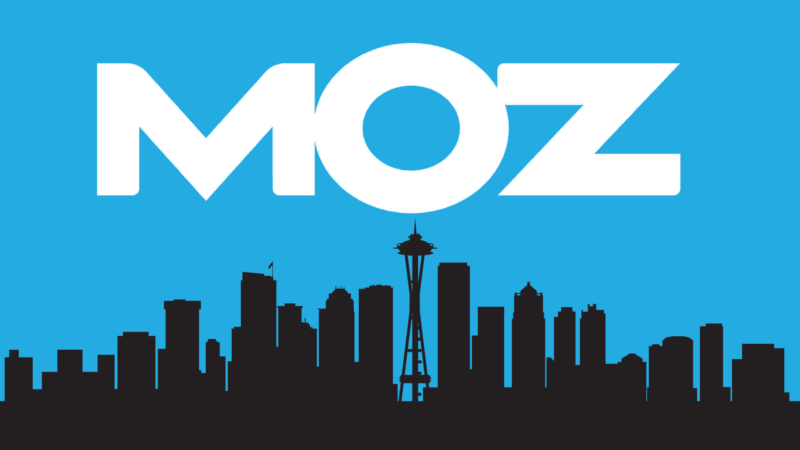To start with, this is not meant to blast anyone or claim that people aren’t what they claim to be. However, I wanted to walk through the concepts of what an internet marketer needs to learn to become real professional marketers.
According to Wikipedia
[https://en.wikipedia.org/wiki/Marketing], marketing is defined as “the process of communicating the value of a product or service to customers, for the purpose of selling that product or service.” The distinction between someone that optimizes, or improves, a campaign and someone that markets a campaign is by understanding how this all impacts the profits of the company they are marketing.
Click Traffic
“Just get me to the top of Google on these search terms, and we’ll make tons of money.”
I’ve heard this phrase countless times. People outside the Internet Marketing industry often believe the phrase too. The problem is that they are almost categorically wrong. These users don’t have a clue what keywords will really generate strong leads for them. It seems to make sense to them. There are many cases where there are multiple intents for the same searches that are different than the client is hoping for, which makes for a lot of irrelevant traffic. They also don’t understand that 15 other businesses also want to be number one for the same keywords in their area. It’s unrealistic.
As marketers, this sort of thinking forces us to constantly play the guessing game. We can only look at rankings and bids. The average cost-per-click, number of clicks, and bounce rate becomes the guiding light. This leaves marketers in a vulnerable position because the customer just has to say “I’m not getting any leads”, and we have no argument. “I’m not getting any leads” is client speak for “I’m not getting what I expected to get.”
If you don’t have call-tracking or tracking form-leads and/or sales, then you’re “flying blind.”
Conversion Tracking
Conversions are leads, subscriptions, sales, or calls lasting at least long enough to be counted as qualified. Once we are tracking these, we can quickly prove that some keywords just don’t work. It is very common to see a noticeable drop in traffic and an increase in conversions.
This seems like the shining gold standard. “Look how many ‘X’ I drove for you.” Many clients love this, and it is harder to argue the data. eCommerce customers get to see real dollar amounts in their reports. As marketers, we can now start making rational models on the next steps in order for progress to happen.
The most deflating comments a client
can make are the following:
“They weren’t the kind of leads I can make money on.”
“We barely are making any profit on those products.“
I’ve walked away from those meetings feeling infinitely worse than when I walked into them.
Tracking Profits
This is really what being an internet marketer is about. In the Click Traffic and Conversion Tracking phases, we’re moving numbers on a screen. It’s easy to look at Optimization as a numbers game. You go into the office and make the numbers go up or down every month. It can be exciting to watch them jump. But, that doesn’t mean the company we are marketing is making more money.
eCommerce may be dealing with pure revenue, but every business makes a different amount on each product. Perhaps they are just the distributor on some products and the manufacturer on others. On lead generation, perhaps the call was long because it takes that long to understand what the person is calling about. Some clients may just be too cheap for the service. Or, maybe they need B2C when the client only handles B2B.
This is the beginning of being a true internet marketer, when we, the marketers, must sacrifice numbers on the screen. We may actually need to stop targeting a keyword or distribution channel because they are not driving customers at a profit.
Additional Concepts
Other Mediums
My WrightIMC teammates are used to hearing me say that search does not create search. When we’re trying to get in front of queries, this means we understand that the interest that caused the users to perform their searches were generated by other mediums. Web content pieces, banner ads, radio, podcasts, TV, print, and so on are what really drove those searches. They all complement each other and should be intertwined.
Micro Conversions
Social likes and follows, views to an important page, email signups, and so on are all considered microconversions. They are important, but most of these are not generating profits by themselves. Metrics like these can only be looked at on a client-by-client basis. They are meaningless without context. An Internet Marketer must decide what they intend to do with each action and how they should fit into the greater picture.
ROI & ROAS
Return-on-Investment and Return-on-Ad-Spend are not the end-all-be-all metrics. They’re indicators of the efficiency of a marketing campaign. I would be lying if I said they were to be ignored. Marketers should look at them as part of the hallmarks of a healthy marketing plan. However, they shouldn’t be the only metrics. The volume and overall revenue need to be reviewed. Some products take longer to produce a return. Thus, the length of a sales cycle should be taken into account. Many profitable businesses have bankrupted themselves into a cash flow oblivion.
Conclusion
Optimization is a catchall term for improving an account. There is nothing wrong with the term. A one-size-fits-all is a broken model. In the end, knowing that we are improving the financial health of client is far more satisfying than numbers on a screen.





